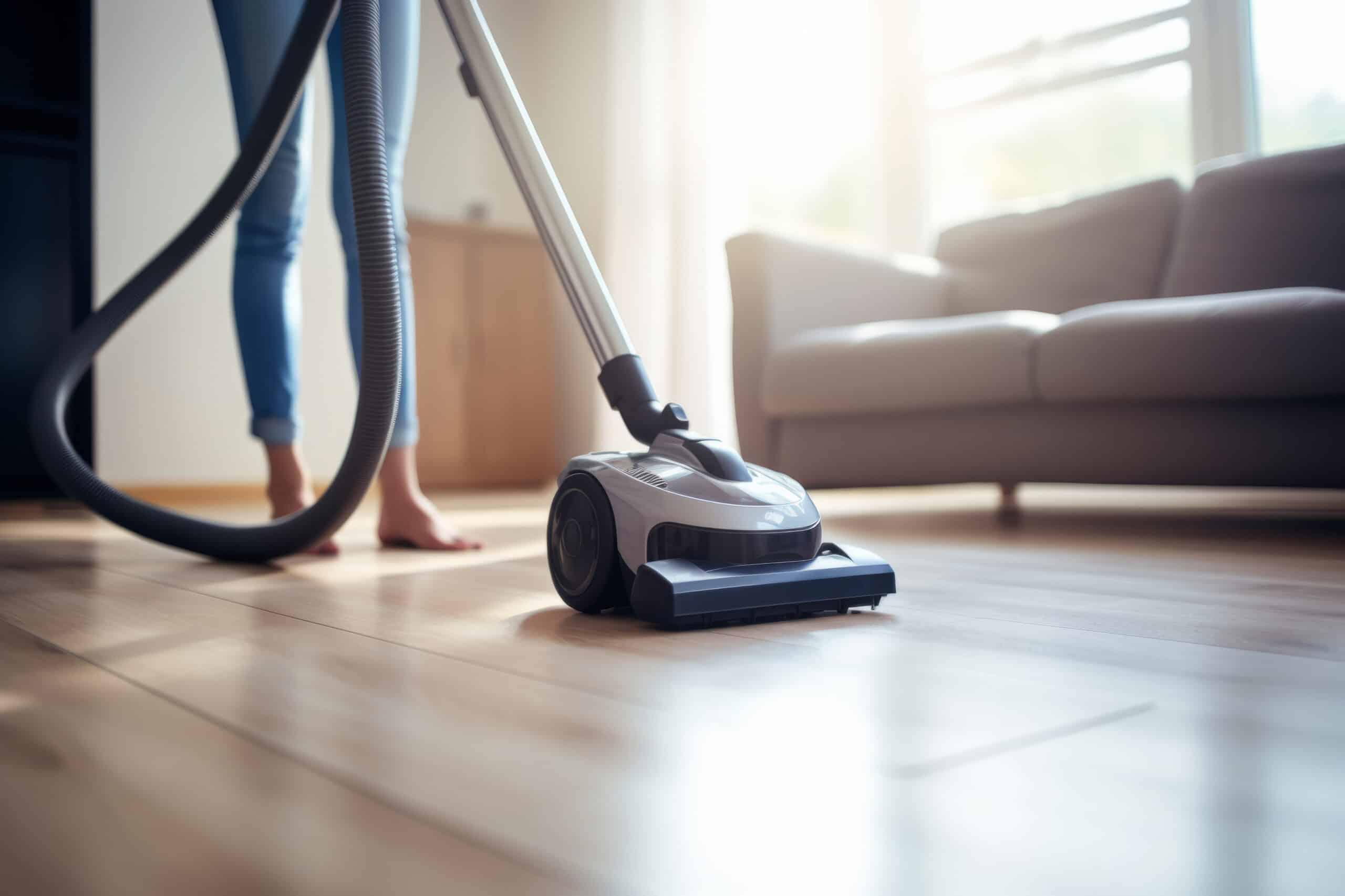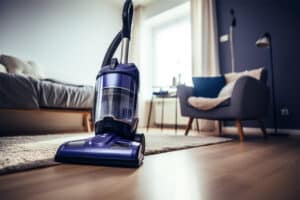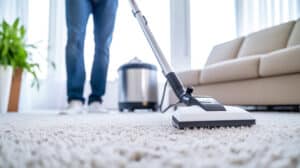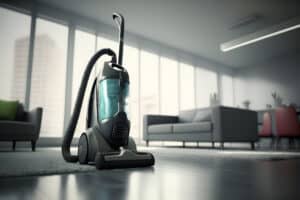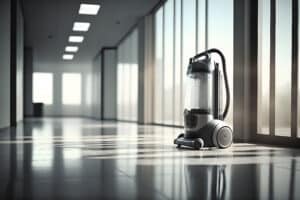How Many Decibels Is A Vacuum Cleaner?
Key Takeaways
- The average decibel level of a vacuum cleaner falls within the range of 50 to 80 dB.
- Specific vacuum cleaner models can have decibel ratings as low as 47-49 dB and as high as 79 dB.
- Excessive noise from vacuum cleaners can be disruptive and potentially lead to hearing damage over time, but newer models are designed with noise-reducing features.
When it comes to maintaining a clean and tidy home, a vacuum cleaner is an essential tool. However, one aspect that can often be overlooked is the noise level produced by these machines. If you’ve ever wondered how many decibels a vacuum cleaner produces, you’re in the right place. In this article, we will explore the average decibel levels of vacuum cleaners and provide some examples of specific models. So, let’s dive in and find out the answer to this question.
The Average Decibel Level of a Vacuum Cleaner
According to various sources, the average decibel level of a vacuum cleaner falls within the range of 50 to 80 decibels (dB). The actual noise level can vary depending on the specific model and its features. However, most vacuum cleaners tend to operate within this range.
For a more specific range, the majority of sources state that the average decibel level of a vacuum cleaner is around 65 to 75 dB. This noise level is comparable to the noise of a normal conversation or a busy street. It is important to note that the decibel scale is logarithmic, meaning that even a small increase in decibel level can result in a significant increase in perceived loudness.
Specific Vacuum Cleaner Models and their Decibel Ratings
While the average decibel range provides a general idea of the noise level produced by vacuum cleaners, it is also helpful to look at specific models for a more detailed understanding. Here are some examples of common vacuum cleaner models and their corresponding decibel ratings:
- Numatic: Henry 200 – 47-49 dB
- Miele: C3 – 50-68 dB
- Eufy: Robo Vac 11S – 55 dB
- Miele: C1 – 57-68 dB
- Hoover: Commercial Hushtone – 69 dB
- Moosoo: K17 cordless stick vacuum – 69-72 dB
- Sanitaire: SC9180B – 70 dB
- Dyson: Original Multi Floor – 72-73 dB
- Shark: SV75 – 74 dB
- Sanitaire: multiple models – 79 dB
These examples demonstrate the range of decibel levels that different vacuum cleaner models can produce. It’s worth noting that some models offer quieter operation, while others may be louder. Therefore, when choosing a vacuum cleaner, it may be beneficial to consider the noise level as a factor alongside other features.
Implications of Vacuum Cleaner Noise
The noise level of a vacuum cleaner can have various implications, both for the user and those around them. Excessive noise can be disruptive, especially in environments where people are working or studying. Additionally, prolonged exposure to high noise levels can potentially lead to hearing damage over time.
Manufacturers are aware of these concerns and have been working to develop quieter vacuum cleaner models. Some newer models are designed with noise-reducing features, such as improved insulation or sound dampening technology. These innovations aim to provide a more pleasant cleaning experience while minimizing noise disturbance.
Conclusion
In conclusion, the average decibel level of a vacuum cleaner falls within the range of 50 to 80 dB, with most models operating around 65 to 75 dB. However, it’s important to keep in mind that specific vacuum cleaner models can vary in their noise levels. When choosing a vacuum cleaner, considering the noise level alongside other factors can help ensure a more enjoyable and less disruptive cleaning experience.
Related Websites:
FAQs:
Q: What are decibels and why are they important in measuring sound?
Decibels are a unit of measurement used to quantify the intensity of sound. They are important in measuring sound because they allow us to understand the loudness or volume of different sounds.
Q: How does the decibel scale work?
The decibel scale is logarithmic, which means that a small increase in decibel level represents a significant increase in actual sound intensity. For example, a sound at 80 decibels is ten times louder than a sound at 70 decibels.
Q: What factors affect the noise level of a vacuum cleaner?
The noise level of a vacuum cleaner can be influenced by various factors, including the motor power, motor design, type of vacuum cleaner, and additional features such as brush rolls, filters, or attachments.
Q: What is the typical range of decibel levels for vacuum cleaners?
Vacuum cleaners typically range in decibel levels from 60 to 85 decibels. However, it’s important to note that noise levels can vary across different models and brands.
Q: How can I minimize the noise of my vacuum cleaner?
To minimize the noise of a vacuum cleaner, you can consider using quieter models or specific vacuum types known for their noise-reducing features. Additionally, using noise-reducing accessories or attachments and ensuring regular maintenance and cleaning can help reduce noise levels.

